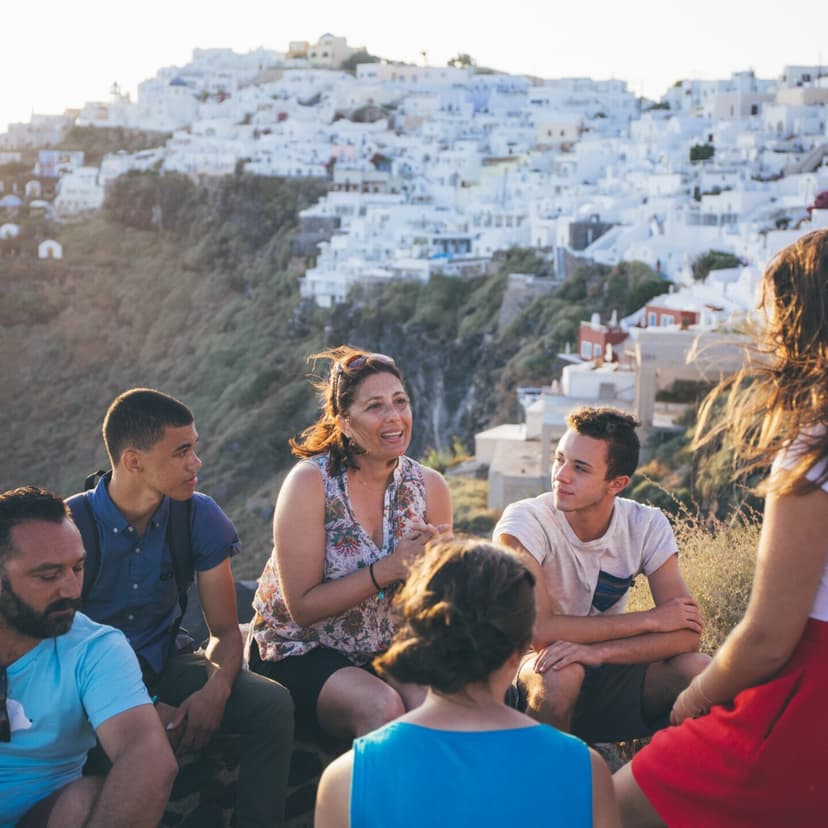In the interior of the Dominican Republic, in the community of Angostura, students stay in an eco-lodge created and owned by the community. They spend the first day walking through the community, visiting homes, seeing peoples’ gardens, and getting to know the local colmado (store and community meet-up spot). They enter the home of Maria, who cooks with a wood stove in a kitchen with one small window. Over the next week, students will help install a clean cookstove—one that allows Maria to use less wood and ventilates smoke out a chimney, so she no longer has to breathe in smoke all day as she cooks for her family of eight. This improvement not only protects Maria’s health; by using less wood, it saves her time and energy while being better for the environment.
EF travellers gain an intimate view into life in rural communities across various developing countries. They work to have a small, but meaningful, impact on a few lives. They meet community members, get a glimpse into their daily lives, and begin to understand the context of their service. Community members also get to share their culture, learn about visitors’ culture, and communicate—whether in broken English, Spanish, or some sort of nonverbal sign language. But don’t worry, the local Field Director is always there to facilitate exchange if called for.
Cultural immersion might also mean an opportunity for students to get hands-on experience with a local tradition or custom. In Peru, EF travellers took a break from work building a greenhouse to try their hands at constructing a huatia, an earthen oven traditionally used to bake potatoes there. The community members they were working alongside showed students their technique, then challenged them to a competition to see which small group could complete their huatia first.
)
)



